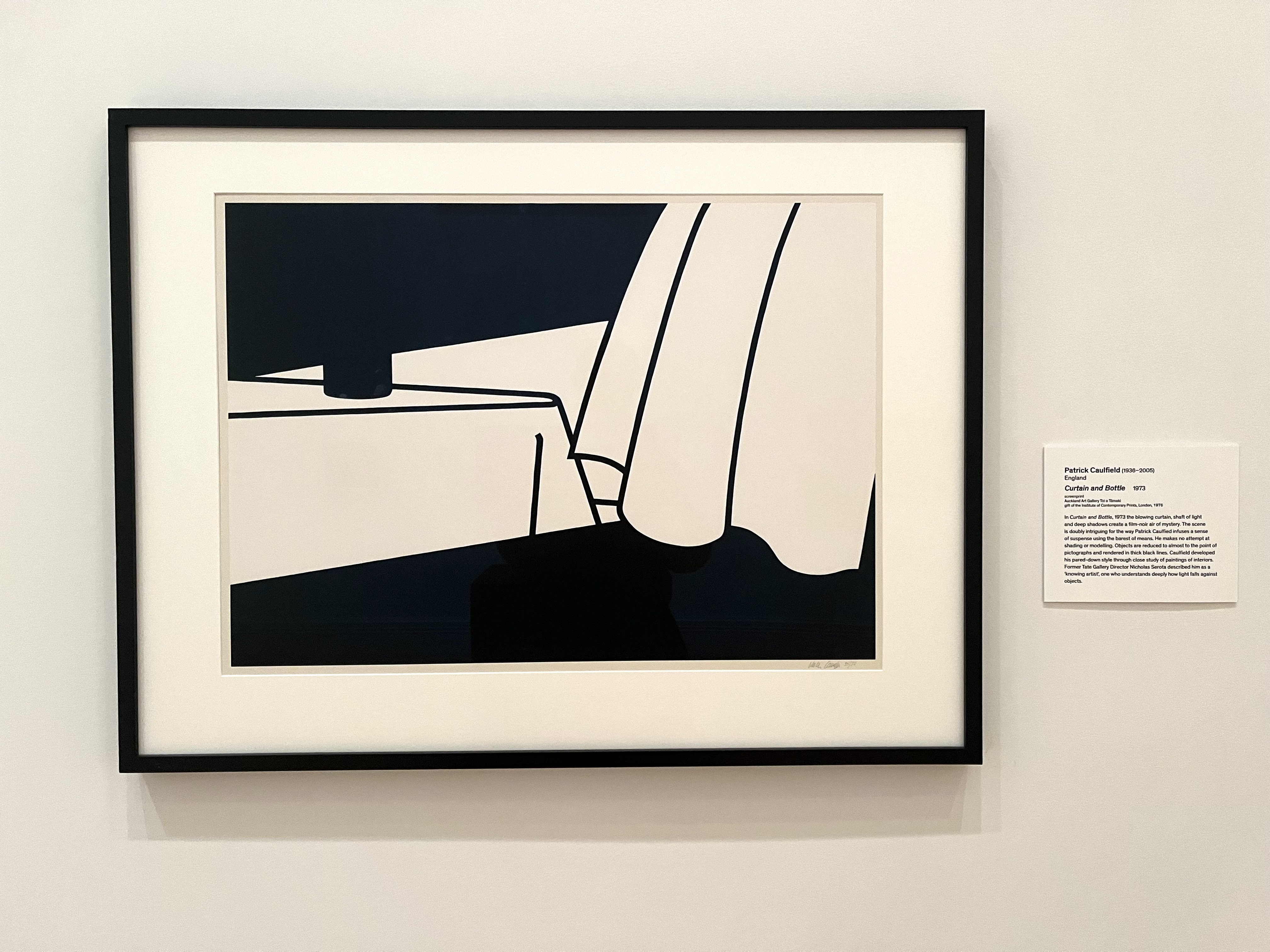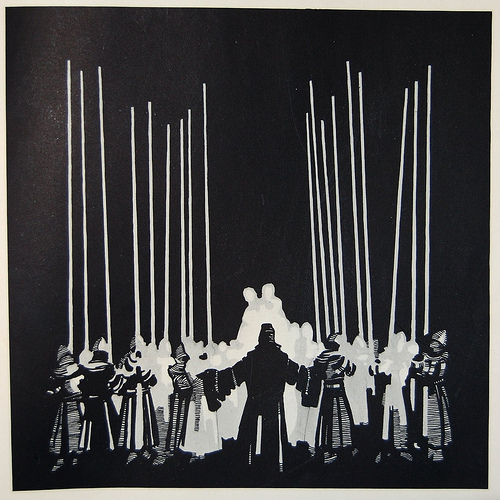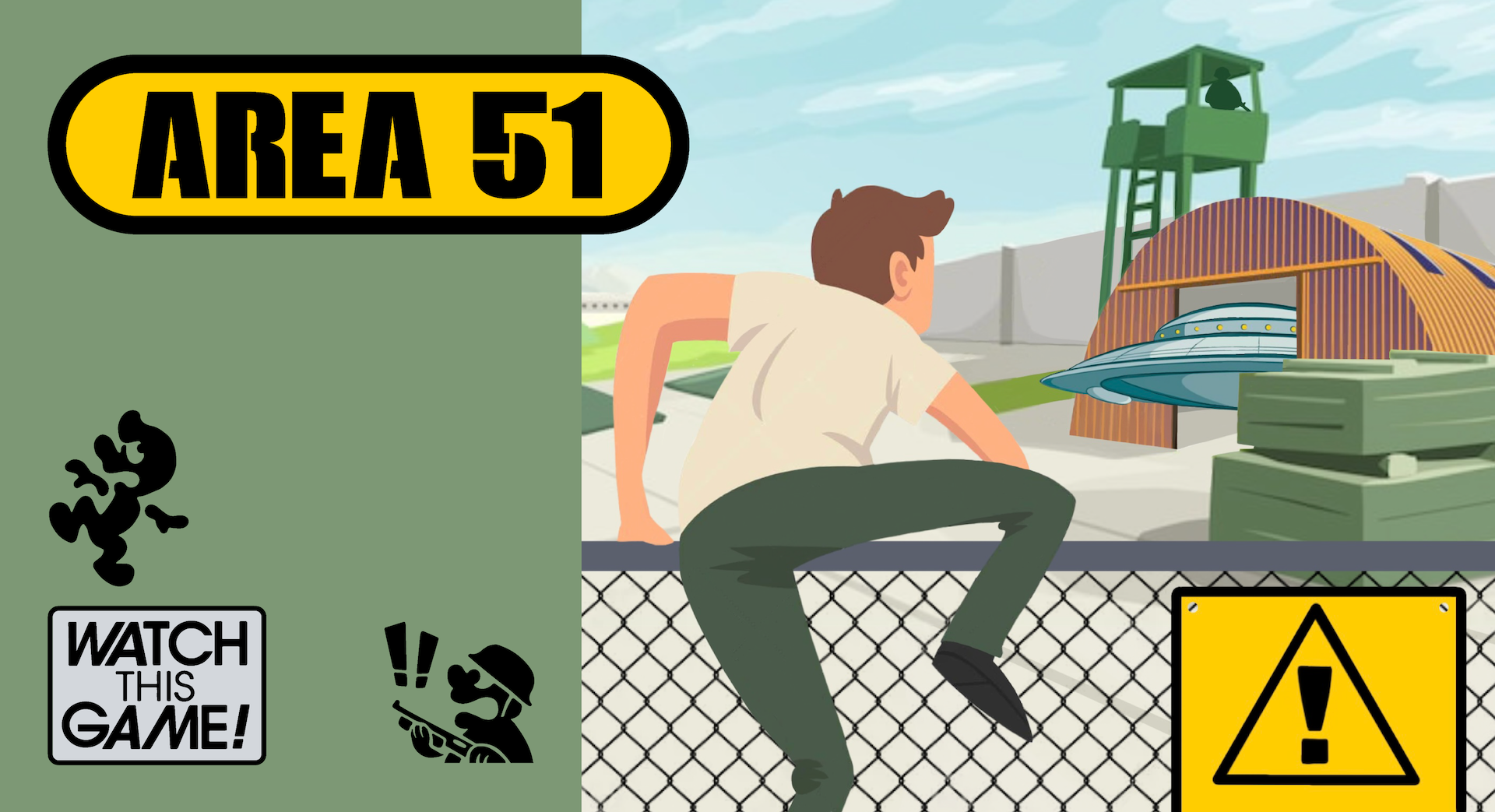Looking Back To Move Forward
The Preface
My BFA is in Studio Art and my MFA is in Theatre, and I'm going to yak a bit about both before connecting them to video games.

The Art
I've been on an extended holiday in New Zealand (I broke my ankle mountain biking here four months ago) and recently visited the Auckland Art Gallery. One of my favorite pieces there is a small, single screenprint by Patrick Caulfield entitled Curtain & Bottle.

Anyone who has really worked within the limitations of 1-bit art (either pixel or LCD, both of which I've been working with this year) can tell you what these limitations actually free you up to do. They force you to speak clearly and boldly with less words, just as Caulfield's work does to me. They invite an audience's imagination to fill in the gaps more powerfully than if you had filled the gaps yourself.
The Theatre
Naturalism was a movement in the early 20th century that would eventually lead to the "kitchen sink" drama of the 1950s. These dramas were named for the way that set designers would incorporate actual running water and other elements onstage to create the illusion of actual, everyday life. This shift in design aesthetic matched the new approach to content and characterisation in dramatic scripts, which had moved more toward the everyday.
This was a very new approach in the arts, since they had previously dealt only with characters and content that today we would think of as truly "theatrical"... grand, imaginative, epic. Think of the characters and stories of Macbeth or Cyrano de Bergerac for example.
Robert Edmond Jones was a highly influential set and costume designer during this period whose book The Dramatic Imagination I read in undergrad. Interestingly enough, he often sketched his designs in black brush and ink.
Kinda 1-bit, right?



My sense is that the rise of the AAA game alongside brilliant technological advances has more often than not led to less creativity and less of a full-bodied engagement from players. Emotional engagement, perhaps, as in a kind of sugar-rush. But the number of games that truly transport a player's mind, heart, and imagination are much less common. Those that stay with us for years in our memory. And interestingly enough, many developers who have achieved this feat are returning to older limitations in their design and gameplay to do so. They are looking back in order to look forward.
Gunpei Yokoi, creator of Nintendo's Game & Watch series, based his creation on a philosophy of "Lateral Thinking with Seasoned Technology" (枯れた技術の水平思考, "Kareta Gijutsu no Suihei Shikō"). Basically, he looked to the well-understood and cheap-to-manufacture technology of the LCD handheld to build something new from. Although handhelds had been around for a few years in games such as Mattel's Classic Football, they didn't incorporate narrative, character, or emotion in the way Yokoi's series would.
As an interesting tie-in to Naturalism, the Game & Watch series often focused often on everyday dramatic situations, such as cooking in a restaurant, working in a factory, or keeping laundry on the line dry.
I hope that young game designers today will look back to the creative achievements of Yokoi and others to find how to move forward in innovative directions that capture hearts and minds.
The Prologue
Lucas Pope is a really clever game designer. And I found that he just recently released an LCD-style (de-make) version of Papers, Please called LCD, Please. It's a really great version and worth checking out, as well as reading his related devlog, which references Gunpei Yokoi and the Game & Watch series which I played as a kid and recently inspired me to create Area 51 and host a related Game Jam.
AREA 51
An homage to the Game & Watch LCD handheld series of the 1980s.
| Status | Released |
| Author | intellikat |
| Genre | Puzzle, Platformer |
| Tags | 1-bit, Casual, game-and-watch, handheld, lcd, nintendo, Retro, Sci-fi, Singleplayer |
More posts
- Area 51 Released!May 26, 2024
- Gameplay Trailer DropsMay 19, 2024
- 90% Complete!Apr 25, 2024


Leave a comment
Log in with itch.io to leave a comment.